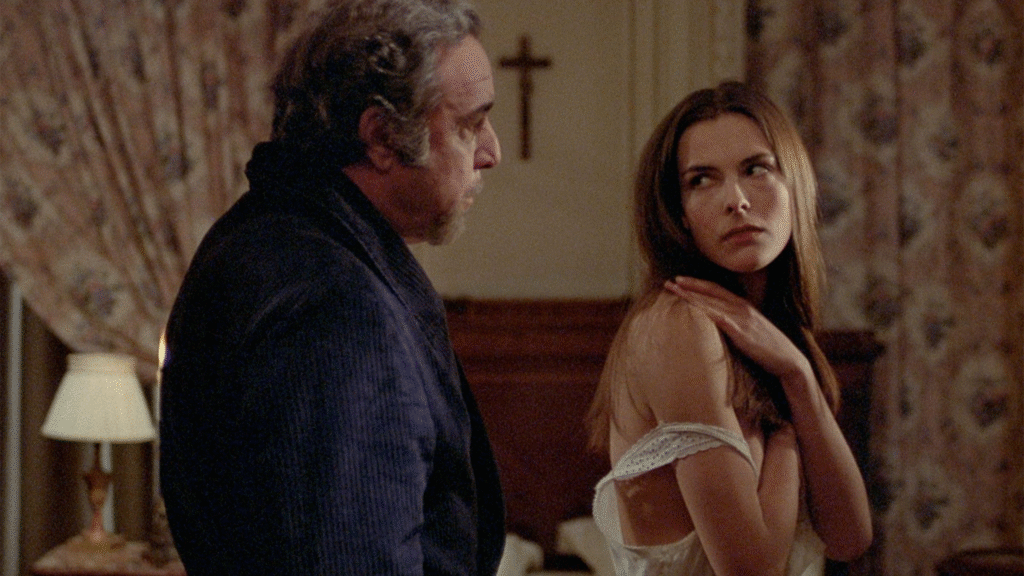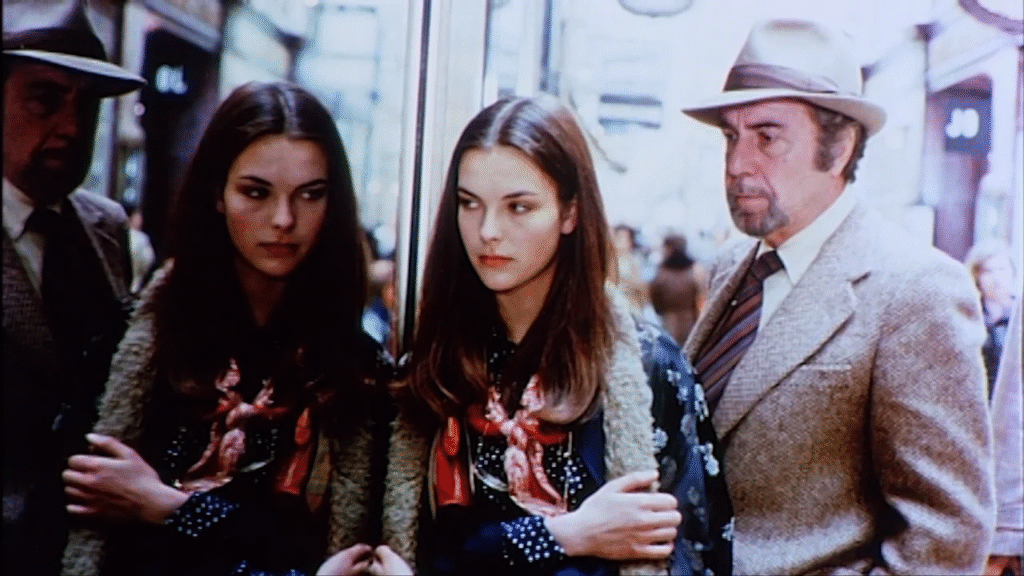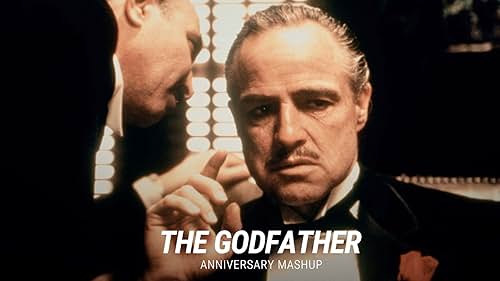That Obscure Object of Desire (1977), directed by the legendary Luis Buñuel, is a hypnotic, surreal, and darkly humorous exploration of obsession, desire, and the maddening irrationality of love. As Buñuel’s final film, it encapsulates many of the themes he explored throughout his career—particularly the absurdities of bourgeois life and the complexities of human passion—making it a fitting swan song from one of cinema’s greatest provocateurs.

The story revolves around Mathieu (played by Fernando Rey), a wealthy, middle-aged Frenchman who becomes infatuated with a much younger woman named Conchita. What makes this film unique—and instantly iconic—is Buñuel’s audacious decision to cast two actresses, Carole Bouquet and Ángela Molina, in the same role, alternating between them without explanation. This choice serves as a brilliant metaphor for the elusive and contradictory nature of desire: Conchita is never a fixed figure but a shifting, unknowable obsession that Mathieu (and the audience) can never fully grasp.
Set against a backdrop of political unrest and terrorist violence, the film mixes erotic tension with undercurrents of social satire. Buñuel weaves bizarre and humorous moments into the narrative, often highlighting the disconnect between the rational mind and primal urges. The result is both intellectually engaging and emotionally unsettling.

The performances are captivating, with Fernando Rey embodying a man tormented by longing and confusion, while Bouquet and Molina deliver contrasting but complementary portrayals of the same enigmatic woman—cold and distant in one scene, warm and inviting in the next.
That Obscure Object of Desire is both artful and provocative, rich in symbolism and open to interpretation. It challenges traditional storytelling and subverts expectations at every turn, making it a standout in European cinema and an essential film for those who appreciate psychological depth and stylistic daring.
Buñuel’s final film leaves a lasting impression: love, lust, and longing are never straightforward. They are fragmented, contradictory, and ultimately unattainable—just like Conchita herself.









